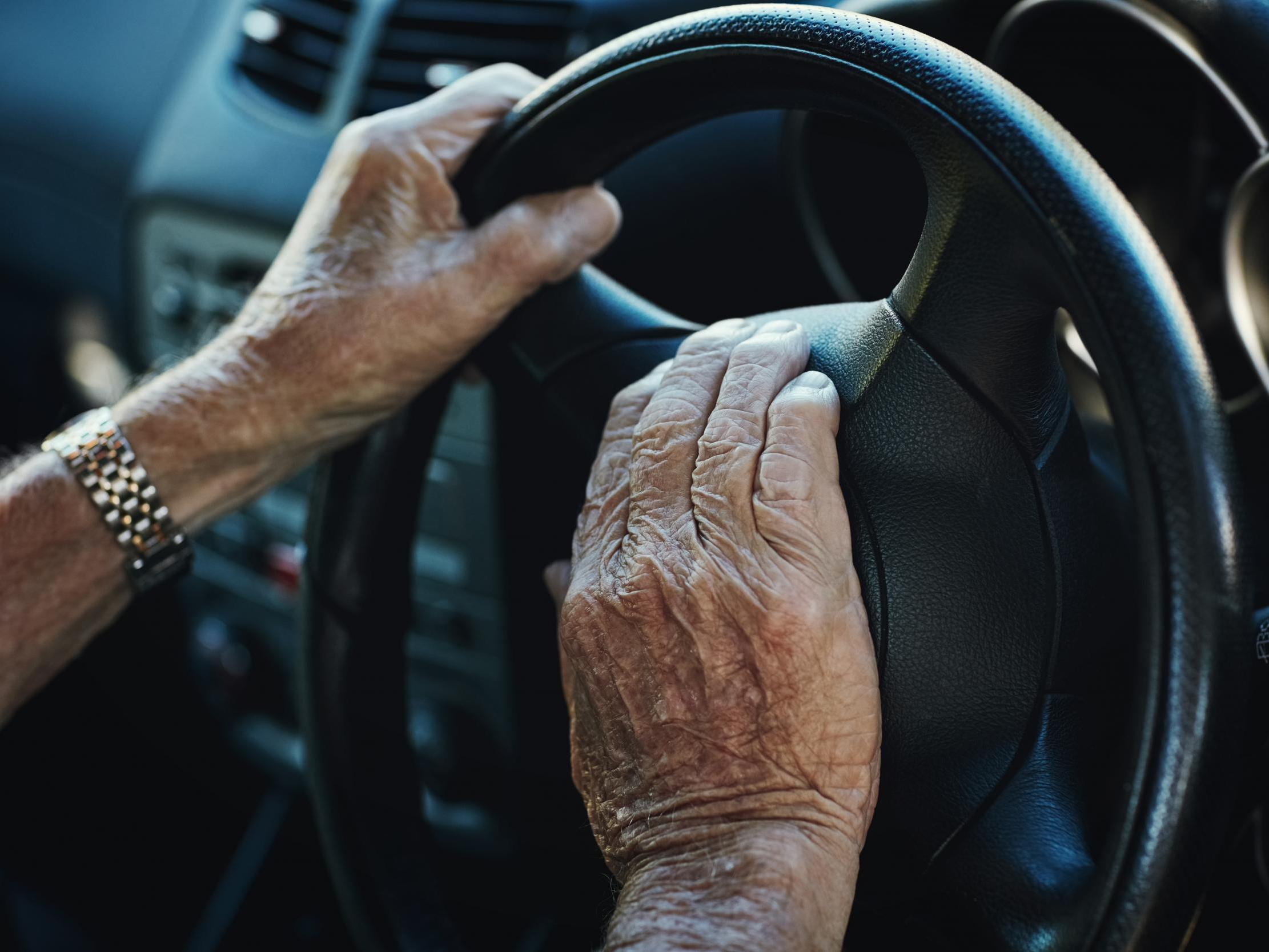More than 1 million older motorists admit to driving while drunk, according to survey
North East has highest breathalyser test failure rate for over 50s at 18.5 per cent, analysis shows

Your support helps us to tell the story
From reproductive rights to climate change to Big Tech, The Independent is on the ground when the story is developing. Whether it's investigating the financials of Elon Musk's pro-Trump PAC or producing our latest documentary, 'The A Word', which shines a light on the American women fighting for reproductive rights, we know how important it is to parse out the facts from the messaging.
At such a critical moment in US history, we need reporters on the ground. Your donation allows us to keep sending journalists to speak to both sides of the story.
The Independent is trusted by Americans across the entire political spectrum. And unlike many other quality news outlets, we choose not to lock Americans out of our reporting and analysis with paywalls. We believe quality journalism should be available to everyone, paid for by those who can afford it.
Your support makes all the difference.More than 1.6 million motorists over the age of 55 have driven while over the limit, a study suggests.
Research by Direct Line Motor Insurance also found that the problem could be more widespread, with a further 3.6 million drivers in the age group admitting they thought they could have been over the limit while behind the wheel.
The main reason given for driving under the influence was that the trip was only over a short distance, with 1.2 million of those aged over 55 using the excuse.
More than 750,000 of these older motorists also admitted that they got behind the wheel when they could have still been drunk from the night before.
The research, carried out in partnership with Opinium, suggested that many people still do not understand the impact alcohol has on their body.
Just over 1 million drivers older than 55 said they believed men could drink more than women and be safe to drive, when in reality it is down to a variety of factors such as weight, medications and diet.
A further 1 million over 55s believe eating a large meal before driving would negate the effects of alcohol and 552,000 believe that older people are safer drivers and that it is therefore less dangerous if they drink and drive.
Analysis of Department for Transport (DfT) data by Direct Line has revealed 26 per cent of all road accidents in 2017 (45,500 out of 175,000) involved older drivers.
Commenting on the figures, Steve Barrett, head of motor insurance at Direct Line, said: “It is clear that younger drivers are not the only offenders when it comes to drink driving.
“Motorists may become complacent as they get older because they feel they are so experienced behind the wheel, but tolerance levels differ hugely depending on body type.
“Just because someone doesn’t feel drunk or is only driving a short distance does not mean they are safe to drive.”
Direct Line’s analysis of DfT breathalyser test data in England also found that, on average, 15.3 per cent of over 50s who were tested failed.
The North East had the highest failure rate at 18.5 per cent, while Yorkshire and the Humber had the lowest at 9.2 per cent.
The Independent previously reported how “baby boomers”, all now over the age of 50, have shown the fastest rise of alcohol and drug misuse over the past 15 years.
Data from the British Crime Survey shows the number of self-reported driving by people who think they have been over the legal alcohol limit at least once in the last 12 months.
Between 2010 and 2018, there was a reduction of nearly 50 per cent in the proportion of people aged 16-19 who took this risk. For people aged 50, it fell by only 11 per cent.
Earlier this year, Swedish car maker Volvo announced it would install cameras and sensors in its vehicles from the early 2020s with the ability to monitor drivers for signs of being drunk or distracted and to intervene to prevent accidents.
Join our commenting forum
Join thought-provoking conversations, follow other Independent readers and see their replies
Comments